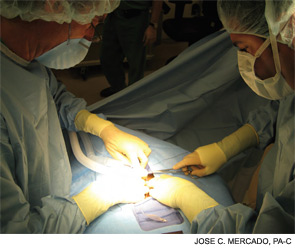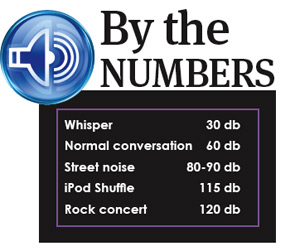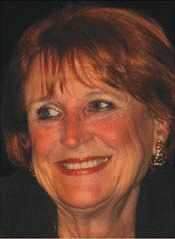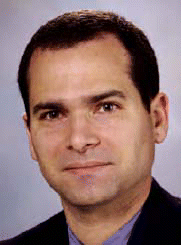Having a better understanding of what is important to patients and educating patients and referring providers may help decrease the number of patients with an expectation that surgery is the only answer.


Having a better understanding of what is important to patients and educating patients and referring providers may help decrease the number of patients with an expectation that surgery is the only answer.

The concept of beneficence has become an integral part of medical dialogue and thinking

Health websites, social media, and email have changed patient access to information and physicians
Arecent study in Archives of Otolaryngology-Head and Neck Surgery on the potential side effects of nasal zinc therapies is the newest staging ground in the debate over how otolaryngologists can advise patients on the benefits of homeopathic treatments in the context of the common cold.

It’s a common challenge: In a tough economy, do you spend to increase patient revenue or save to keep your practice afloat?

With the availability of noninvasive procedures that use injectable fillers to do the work surgery once monopolized, more people than ever before are seeking the elixir of youth that comes now at the end of a needle rather than a knife.

When Winston C. Vaughan, MD, told his Stanford University patients he was leaving academia to establish a private group practice, they had one question: “Are you taking Kathleen with you?” Their concern attests to the integral role that Kathleen Low, RN, NP, fills as a patient-care provider in Dr. Vaughan’s otolaryngology practice.

Prior to the introduction of MP3 players, hearing loss among children was estimated at around 12.5 percent. More recent studies, however, estimate that 16 percent of teenagers, or approximately 6 million children, suffer from permanent noise-induced hearing loss (NIHL).

Disease-specific outcomes measures in otolaryngology-head and neck surgery can be completed by your patients before and after treatment, enabling tracking of these important outcomes with a minimum of disruption to the normal practice routine

According to the American Cancer Society, smokers are six times more likely than nonsmokers to develop oral cavity and oropharyngeal cancers.